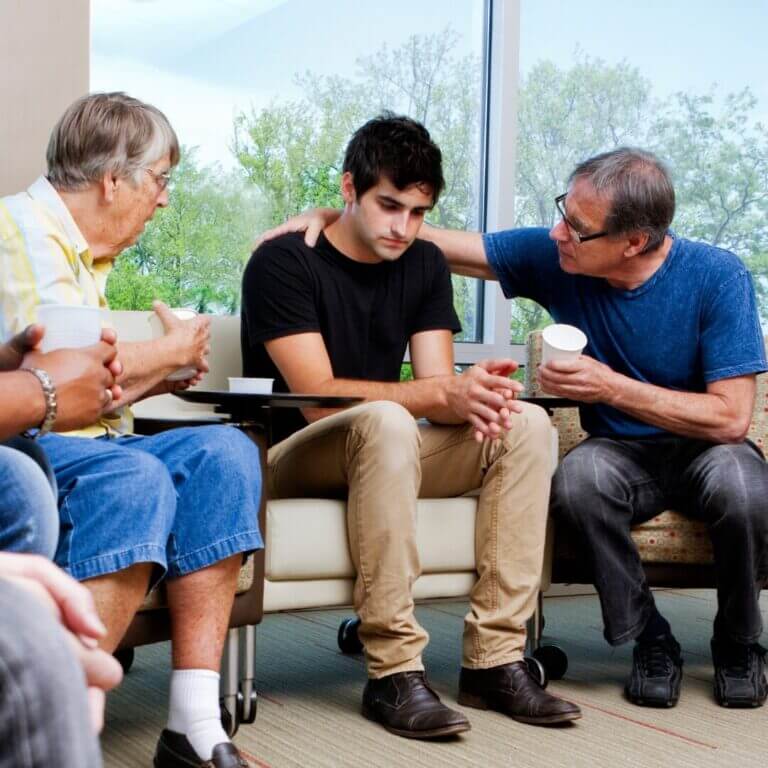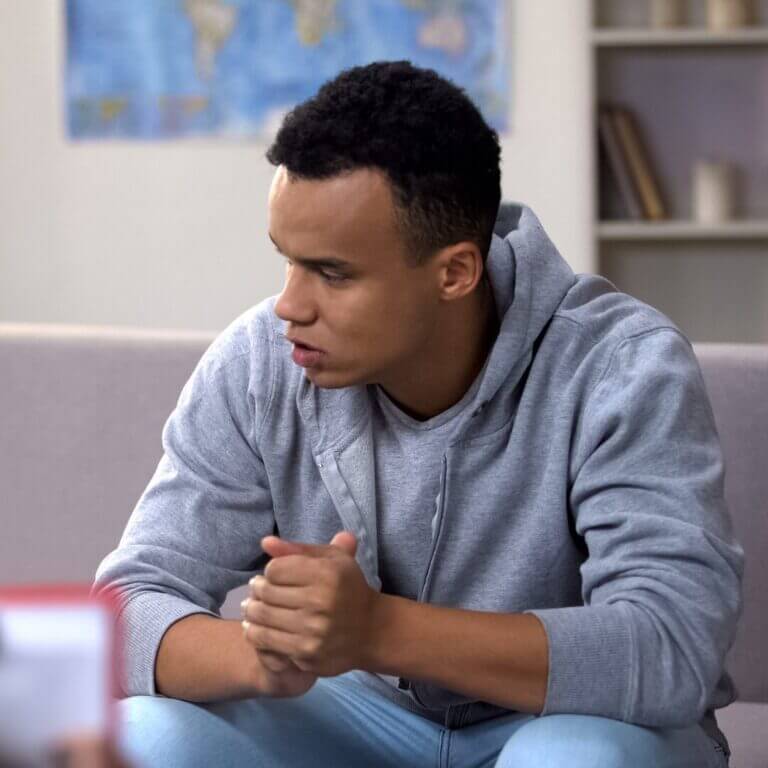As Americans we are shocked and dismayed at the spate of recent mass shootings, resulting in the loss of dozens of lives. Although our country has been exposed to these horrific events for more than twenty years now, there is no doubt that the incidents are increasing in frequency. This has spurred conversations about the potential reasons why someone might be triggered to inflict such carnage. Discussions revolve around the availability of automatic weapons, mental illness, violent video games, and political divisiveness.
Society has always encountered stiff divisions around such issues as politics and religion, which is why polite company suggests these topics are better left at the front door. People are prone to getting riled up over their heartfelt attachment to whatever worldview or political beliefs they hold and will defend these to the mat. But in recent years, mostly due to the current role that social media takes in matters of discourse, the timbre in the political discussions has reached a disturbing pitch.
A Sense of Connection
What has been lost in modern times is a sense of connection. As humans, our hearts and souls are hardwired for deep, meaningful connections with others. But life today is so busy, lived at a breakneck speed where we barely glance at each other anymore. Staring at smartphones has replaced conversations, and texting has supplanted the human voice. Now, it seems, we are regularly shouted at by angry television personalities, told how to think about this or that issue, leaving us feeling that our thoughts are being manipulated. The counterbalance that was once there—the intimate, deep conversations that helped foster connection—has been lost. Well, society might want to check out how, within the recovery community, connections to others can provide powerful healing properties.
When people lose the ability to see the good, the true and the beautiful in each other civility breaks down and respect evaporates. This opens the door to all sorts of vile behavior notably prejudice, hatred and violence. The recovering community has much to teach the world. We love one another back to health. We acknowledge that every person has a story and each individual is worthy of dignity and respect. Our fellowship, which is characterized as being “indescribably wonderful” and something “that must not be missed” enlivens a genuine community that speaks the language of the heart.
And let’s not forget the role of science in supporting the thesis that connection can have a positive influence on recovery. According to an article at the Gottman Institute, “Can Love and Connection Heal Addiction?,” our neurobiology influences love and connection. The naturally occurring hormone known as oxytocin, that is released when someone experiences a deep emotional connection with another, has a powerful effect on the bonding process. Think of it as the glue that helps us form meaningful connections. In recovery, this translates to the support of family or friends, the spouse who joins their mate in therapy, and recovery communities who offer peer support. These connections access the healing power of love to become protective factors that support recovery.
People yearn for an authentic connection to other people, but also to finding purpose and meaning in their life. In recovery, cultivating a sense of purpose often goes hand-in-hand with forming human connections. Our souls strive to find our role in life; to discover how we can best use our gifts and skill set to produce something good and meaningful. Serving others, such as offering support to others in recovery or volunteering at sober events or meetings, can actually solidify recovery through these connections. A popular TED Talk presented by journalist Johann Hari makes this point nicely: That the opposite of addiction is not sobriety, it is connection.
Embrace Building Relationships
What our nation needs is to take a page out of the recovery community playbook and embrace building relationships and intimate emotional bonds with each other again. Maybe if we unplug, turn off the noise of cable news, and actually look each other in the eye we can remember the beauty of belonging to the human race. This would work like a domino effect; the tighter connections we form with others would lead to higher self-esteem, restored purpose, and less divisiveness.
Acceptance, compassion, respect, gentleness, humility, forgiveness, kindness and love are but a few of the spiritual principles that weld together the connections that give us life, joy, freedom and gratitude. Connection is the heart of spirituality. Connection breaks down the walls of isolation. Connection creates a judgment-free zone. Connection inspires creativity. Connection respects individuality. Connection promotes gratitude and service. Connection overcomes fear. Connection heals hatred and violence. Get connected . . . Stay connected . . . It will decide everything!



